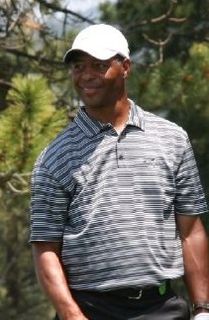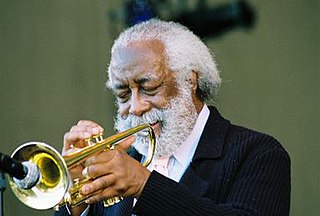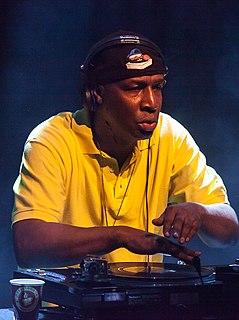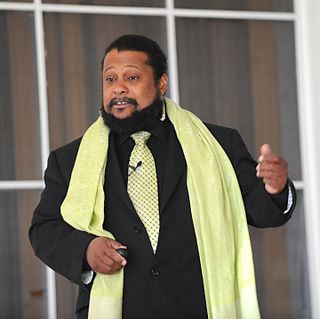A Quote by Daniel J. Boorstin
The American experience stirred mankind from discovery to exploration. From the cautious quest for what they knew (or thought they knew) was out there, into an enthusiastic reaching to the unknown. These are two substantially different kinds of human enterprise.
Related Quotes
I am sure it is everyone’s experience, as it has been mine, that any discovery we make about ourselves or the meaning of life is never, like a scientific discovery, a coming upon something entirely new and unsuspected; it is rather, the coming to conscious recognition of something, which we really knew all the time but, because we were unwilling to formulate it correctly, we did not hitherto know we knew.
I knew there was a way to blend records together, but I didn't know how to. This was haunting me when I was in my teens. In my frustration, I decided to start experimenting with electronics. I tested the torque factor on different turntables. I had to figure needles out. See, there are two kinds, elliptical and conical.
When you rest deeply in the Unknown without trying to escape, your experience becomes very vast. As the experience of the Unknown deepens, your boundaries begin to dissolve. You realize, not just intellectually but on a deep level, that you have no idea who or what you are. A few minutes ago, you knew who you were-you had a history and a personality-but from this place of not knowing, you question all of that.
Progress is the exploration of our own error. Evolution is a consolidation of what have always begun as errors. And errors are of two kinds: errors that turn out to be true and errors that turn out to be false (which are most of them). But they both have the same character of being an imaginative speculation. I say all this because I want very much to talk about the human side of discovery and progress, and it seems to me terribly important to say this in an age in which most non-scientists are feeling a kind of loss of nerve.
[When] Johnny Mnemonic was coming out and I realized that all the kids that worked in 7-11 knew more - or thought they knew more - about feature film production than I did. And that was from reading Premiere, that was from this change that came from magazines that treat their readers as players. Magazines that purport to sell you the inside experience.
When I was in high school in the early 1970s, we knew we were running out of oil; we knew that easy sources were being capped; we knew that diversifying would be much better; we knew that there were terrible dictators and horrible governments that we were enriching who hated us. We knew all that and we did really nothing.
Many of Reagan's listeners thought he was dreaming. But Reagan had faith in freedom. He knew that communism, although militarily powerful, was ideologically dead. He knew what our Founders knew: that, in a truly legitimate government, power does not come out of the barrel of a gun, but only from the consent of the people.








































